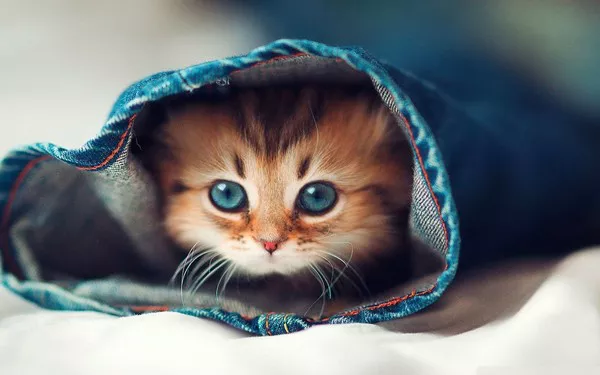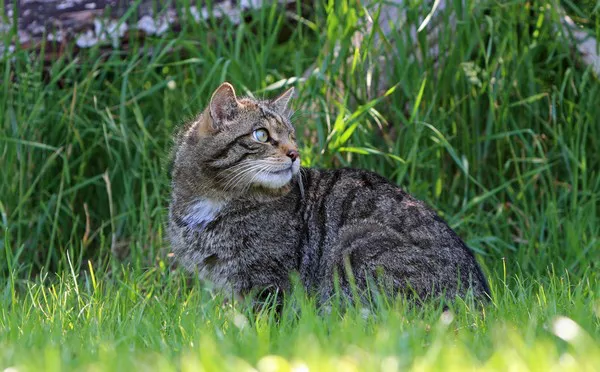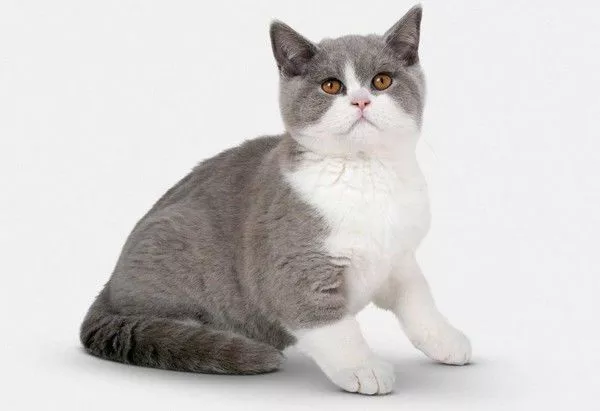Bombay cats are a popular and beloved breed known for their sleek black coats, affectionate personalities, and playful nature. If you are considering adding a Bombay cat to your family, it’s important to understand their lifespan and how to best care for them to ensure a long and healthy life. In this article, we will explore the question of how long do Bombay cats live, as well as some factors that can impact their lifespan.
Average Lifespan of Bombay Cats
According to the Cat Fanciers’ Association (CFA), the average lifespan of a domestic cat is 12-16 years. However, Bombay cats have been known to live longer than the average lifespan. In fact, some Bombay cats have lived well into their late teens or even early twenties. While there is no guarantee that your Bombay cat will live this long, providing proper care can increase their chances of a long and healthy life.
Factors That Influence Longevity in Bombay Cats
There are several factors that can impact the lifespan of a Bombay cat. These include genetics, diet, exercise, and veterinary care.
1.Genetics
Like all animals, genetics play a large role in determining a Bombay cat’s lifespan. Some genetic conditions, such as hypertrophic cardiomyopathy (HCM) or polycystic kidney disease (PKD), can shorten a cat’s lifespan. It’s important to choose a breeder who screens their cats for these conditions and other genetic health issues to reduce the risk of passing them on to offspring.
2.Diet
A healthy diet is essential for a cat’s overall health and longevity. Feeding your Bombay cat a high-quality, balanced diet that meets their nutritional needs can help prevent obesity, which is a common problem in cats and can lead to a host of health issues. Be sure to read labels carefully and avoid foods with fillers, by-products, and artificial preservatives.
3.Exercise
Regular exercise is important for maintaining a healthy weight and promoting good physical and mental health in cats. Encourage your Bombay cat to play and exercise by providing toys, scratching posts, and other stimulating activities.
4.Veterinary Care
Regular visits to the veterinarian for check-ups, vaccinations, and preventative care can also impact a Bombay cat’s lifespan. Early detection and treatment of health issues can make a big difference in a cat’s overall health and quality of life.
Common Health Issues in Bombay Cats
While Bombay cats are generally healthy, there are some health issues that are more common in this breed. These include:
1.Hypertrophic cardiomyopathy (HCM): This is a condition in which the heart muscle becomes thickened, making it harder for the heart to pump blood effectively. HCM is a genetic condition that can lead to heart failure if left untreated.
2.Polycystic kidney disease (PKD): This is a genetic condition in which cysts form on the kidneys, leading to reduced kidney function over time.
3.Obesity: As mentioned earlier, obesity is a common problem in cats and can lead to other health issues such as diabetes, joint problems, and respiratory issues.
To reduce the risk of these health issues, it’s important to choose a breeder who screens their cats for genetic health issues and to provide proper diet, exercise, and veterinary care throughout your Bombay cat’s life.
How to Care for Your Bombay Cat
To help ensure a long and healthy life for your Bombay cat, there are several things you can do to provide proper care. These include:
Feeding a high-quality, balanced diet that meets their nutritional needs
Providing regular exercise and enrichment
Providing fresh water at all times
Scheduling regular veterinary check-ups and preventative care
Keeping their litter box clean and providing a comfortable and safe living environment
Providing plenty of love, attention, and socialization
Conclusion
In conclusion, Bombay cats are a wonderful breed known for their affectionate personalities and playful nature. While there is no guarantee of how long your Bombay cat will live, providing proper care can increase their chances of a long and healthy life. By choosing a reputable breeder, providing proper diet and exercise, and scheduling regular veterinary check-ups, you can help ensure that your Bombay cat lives a happy and fulfilling life as a beloved member of your family.



























